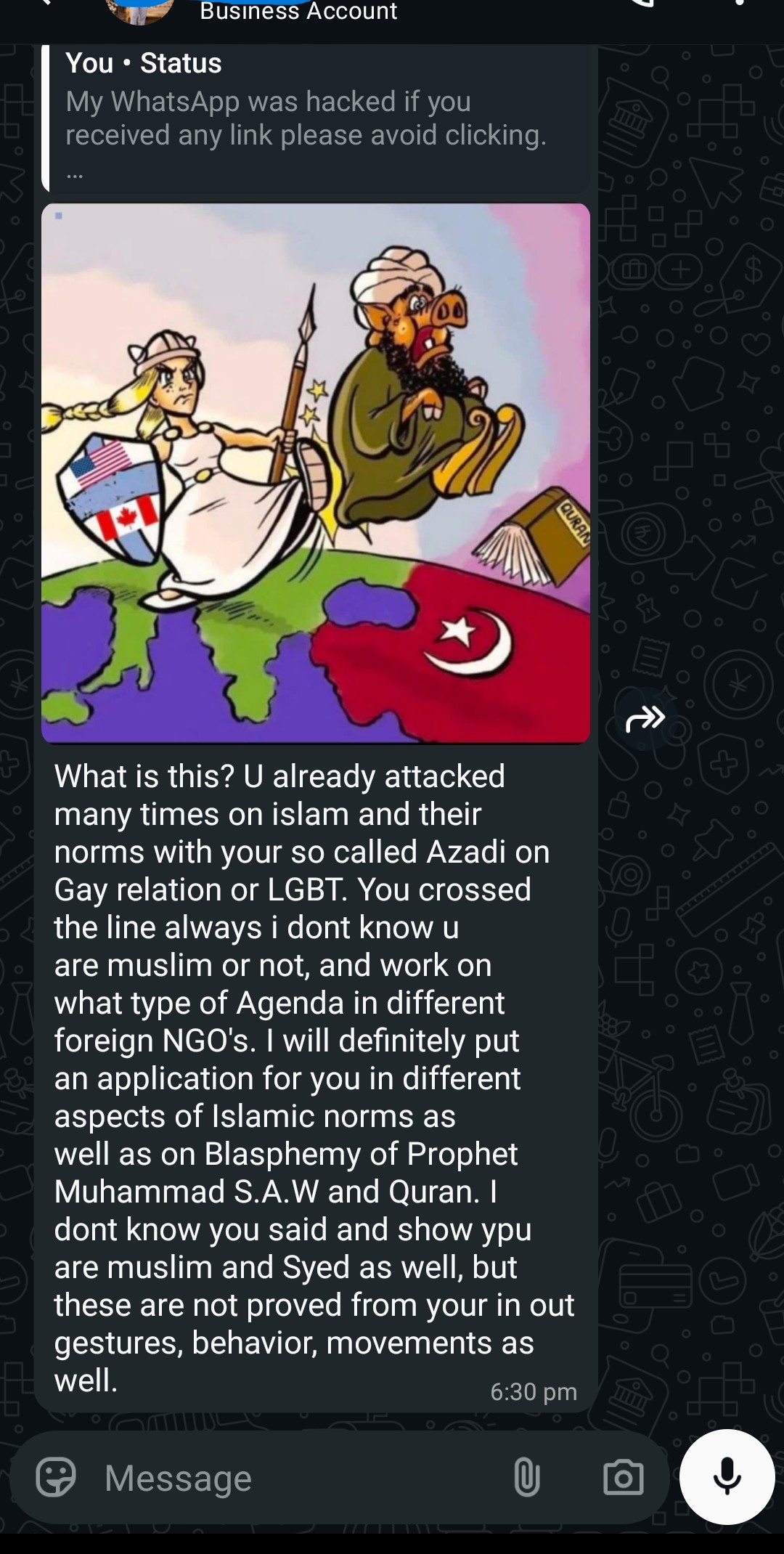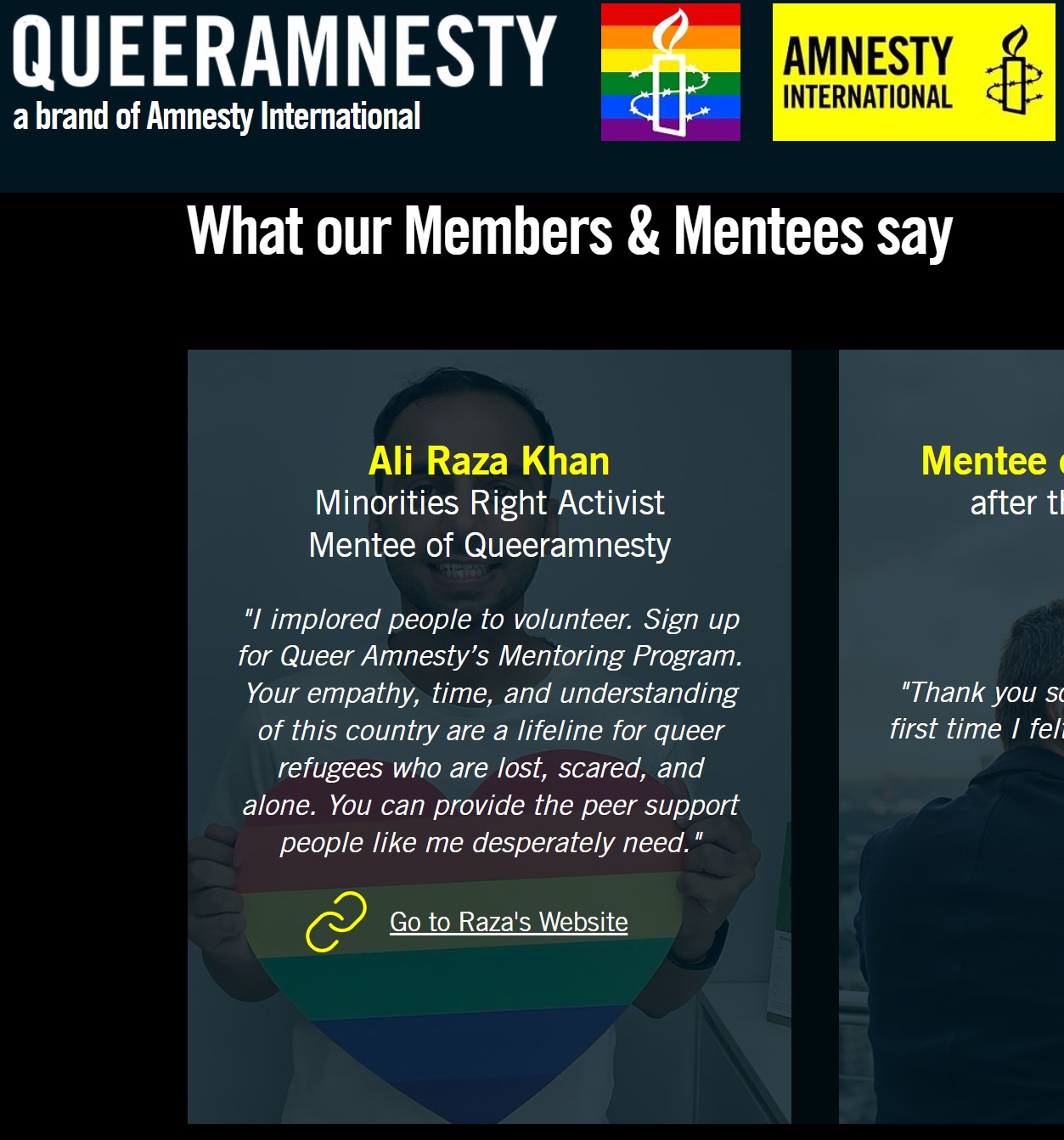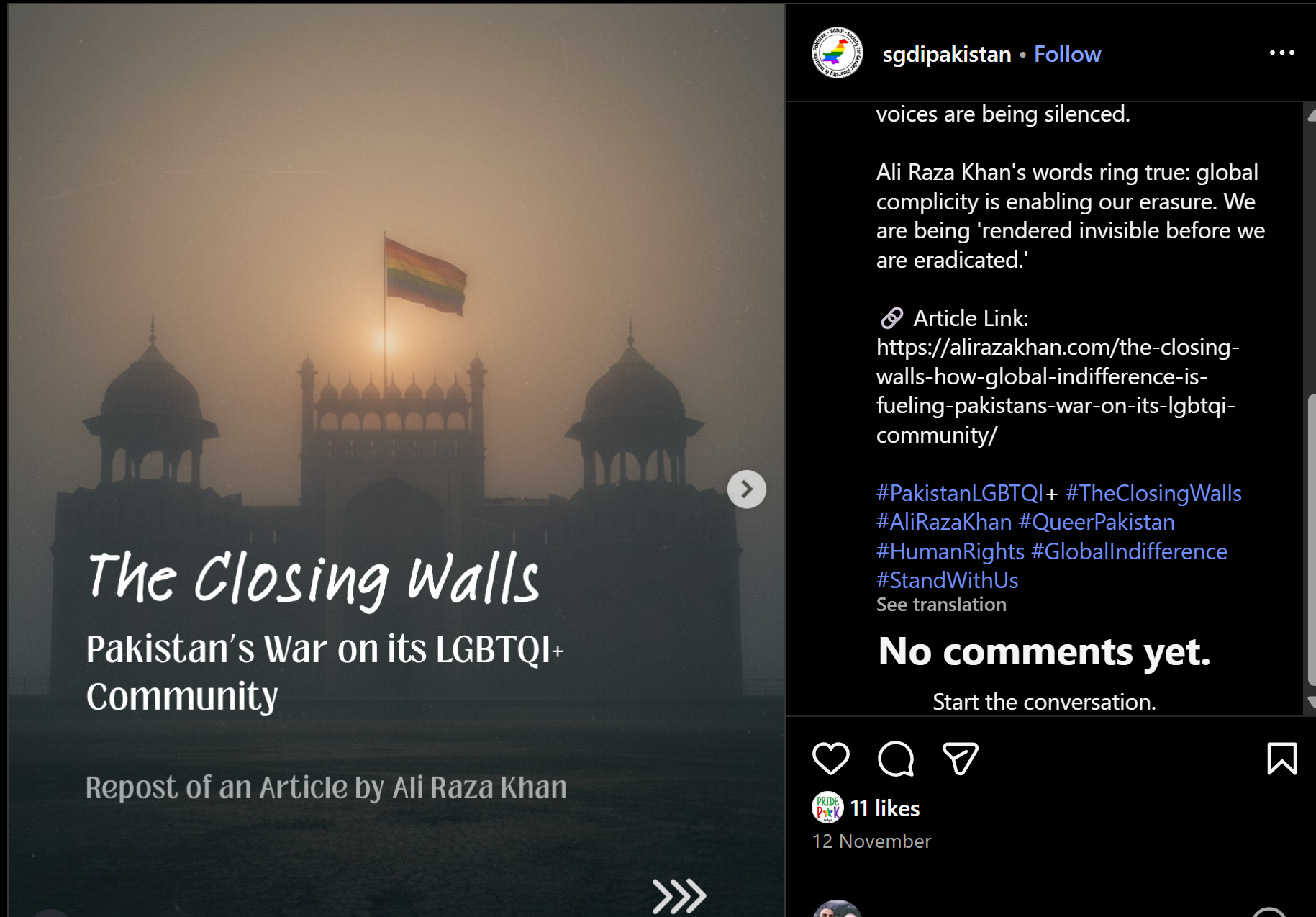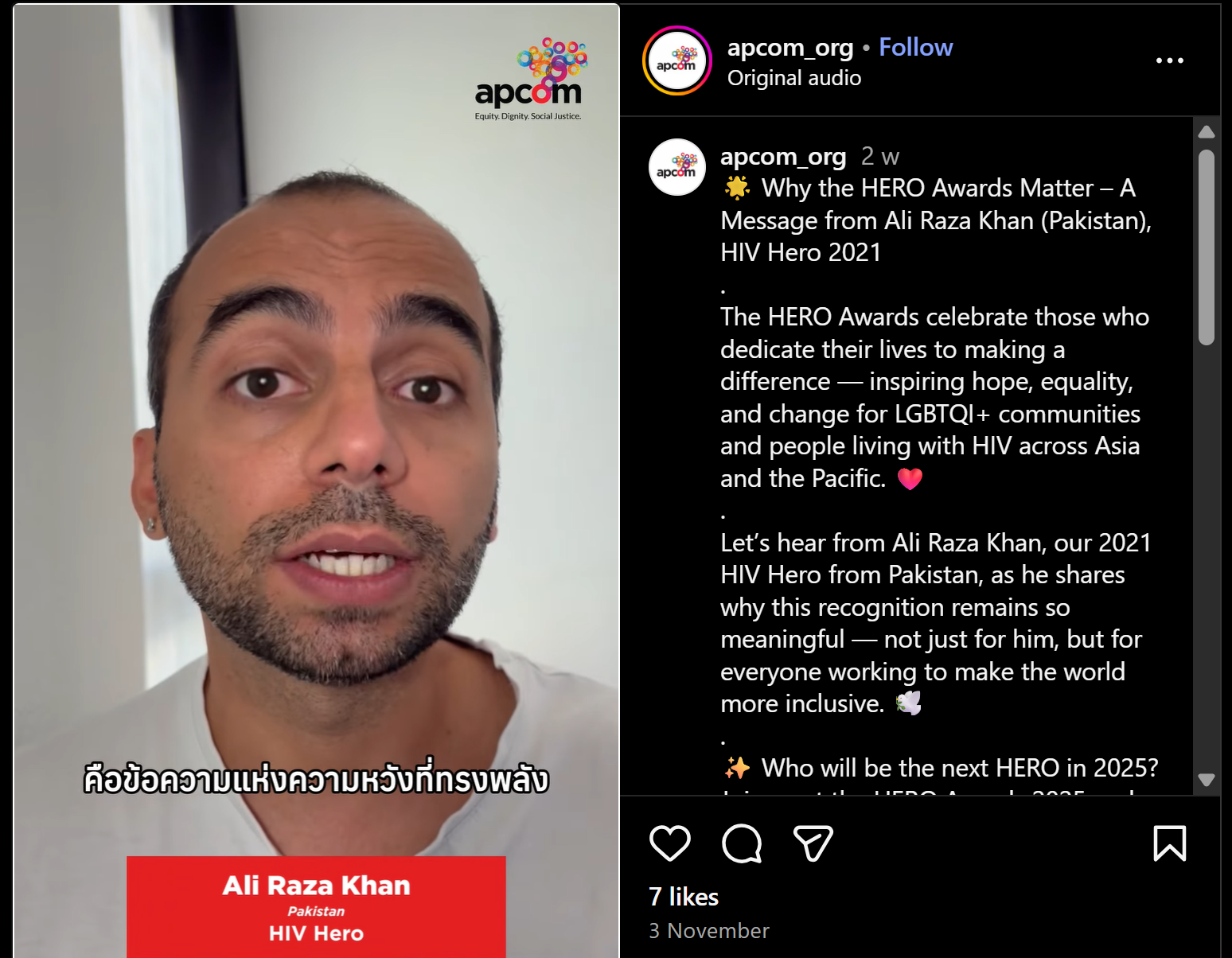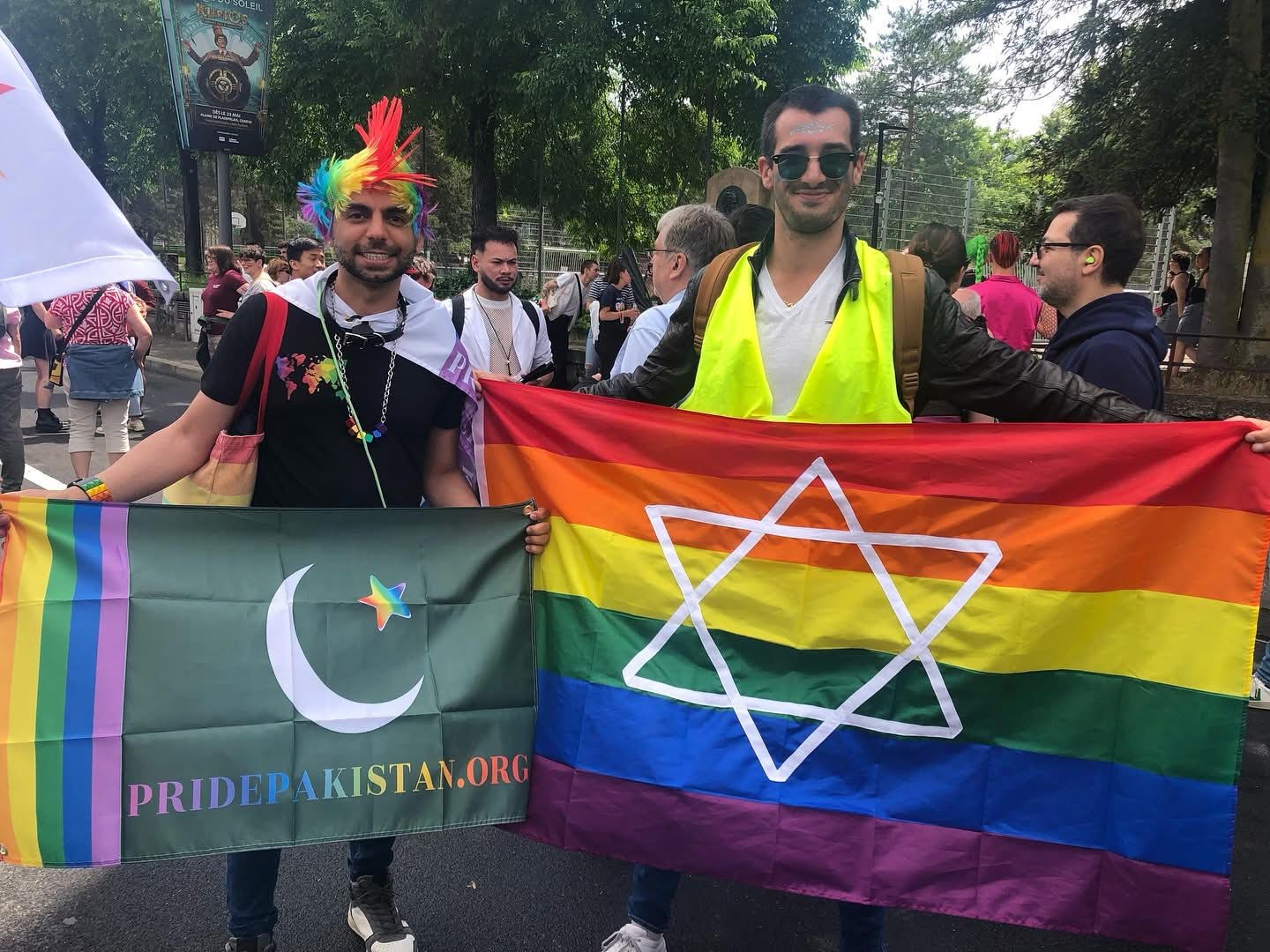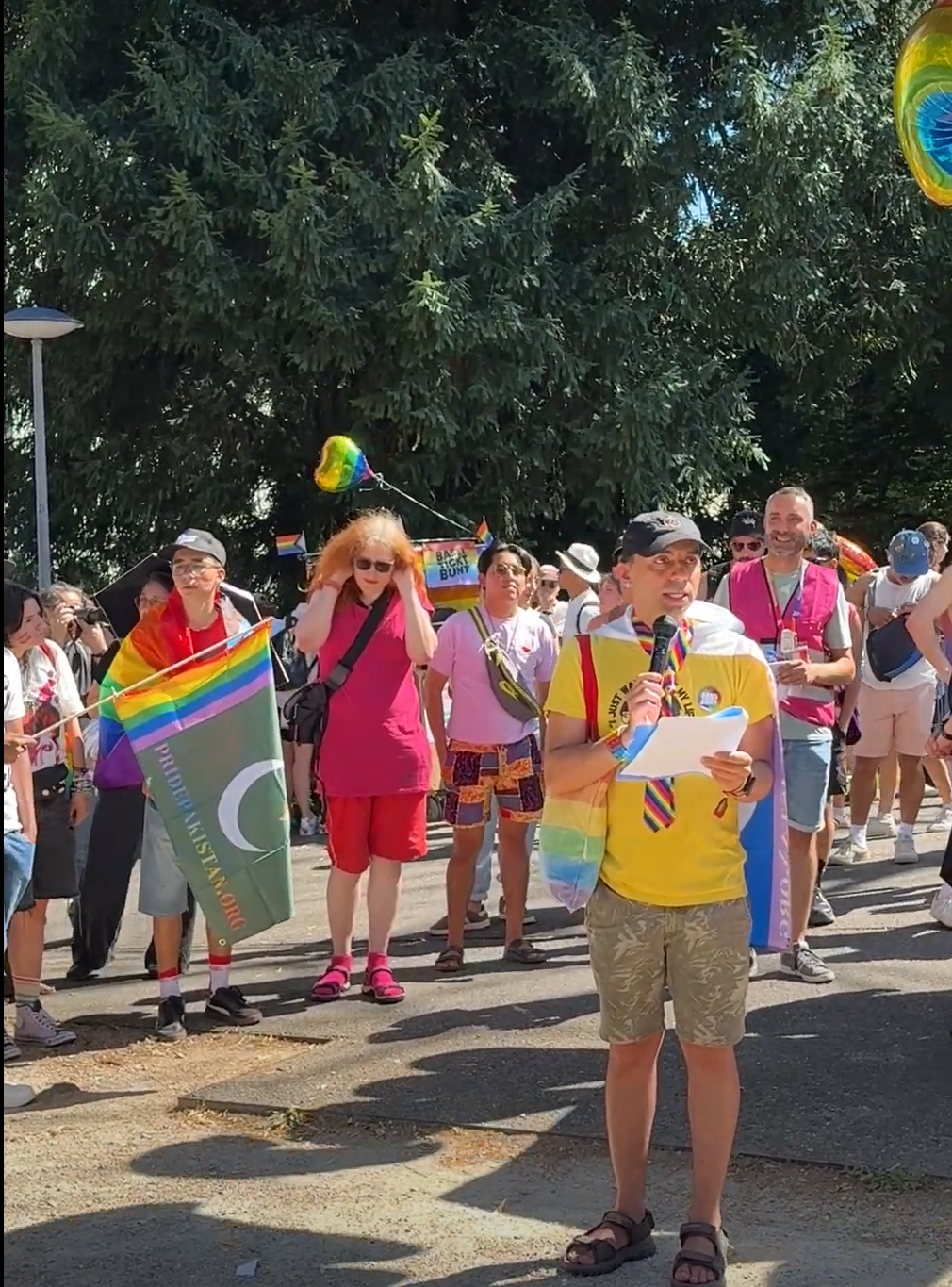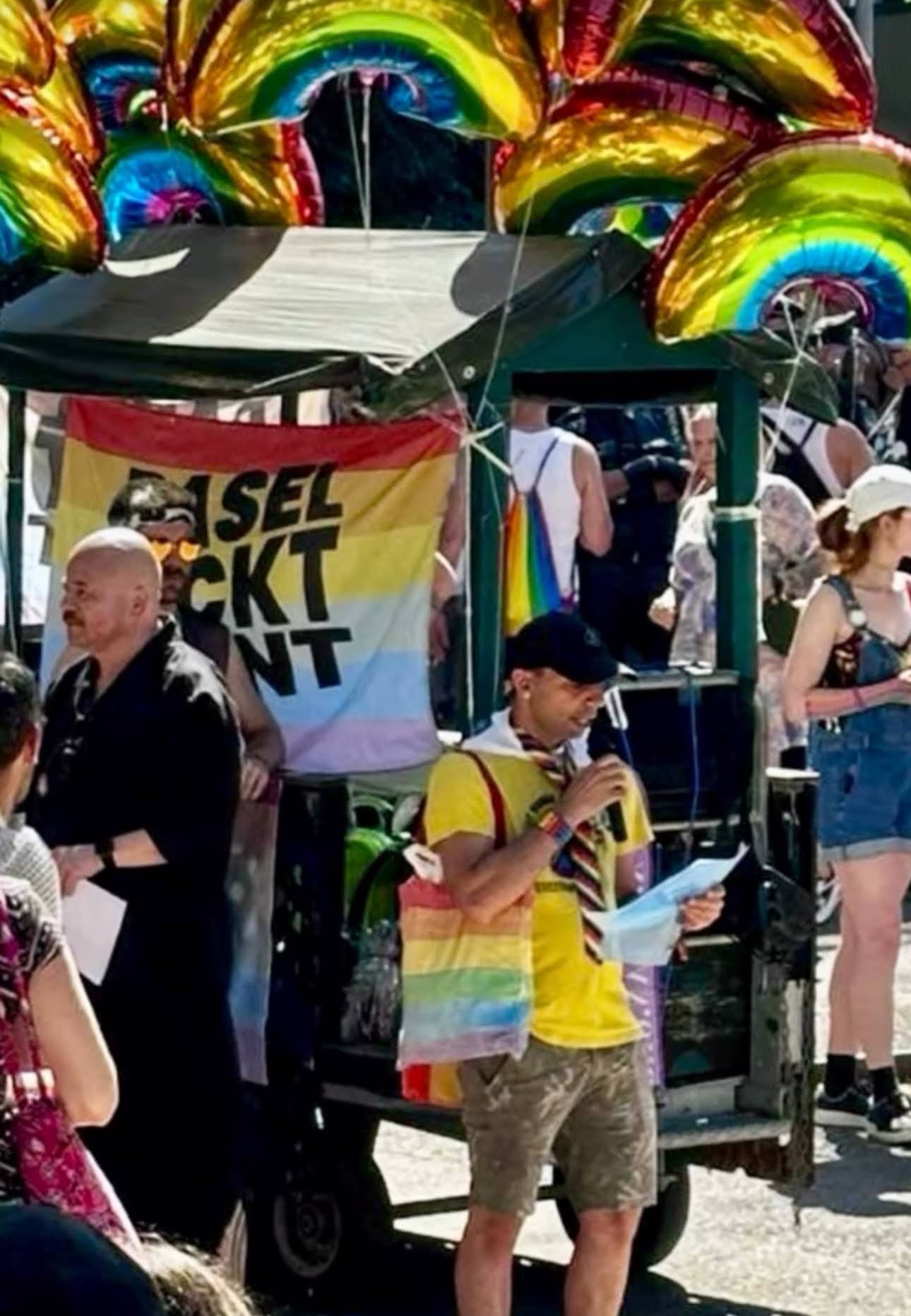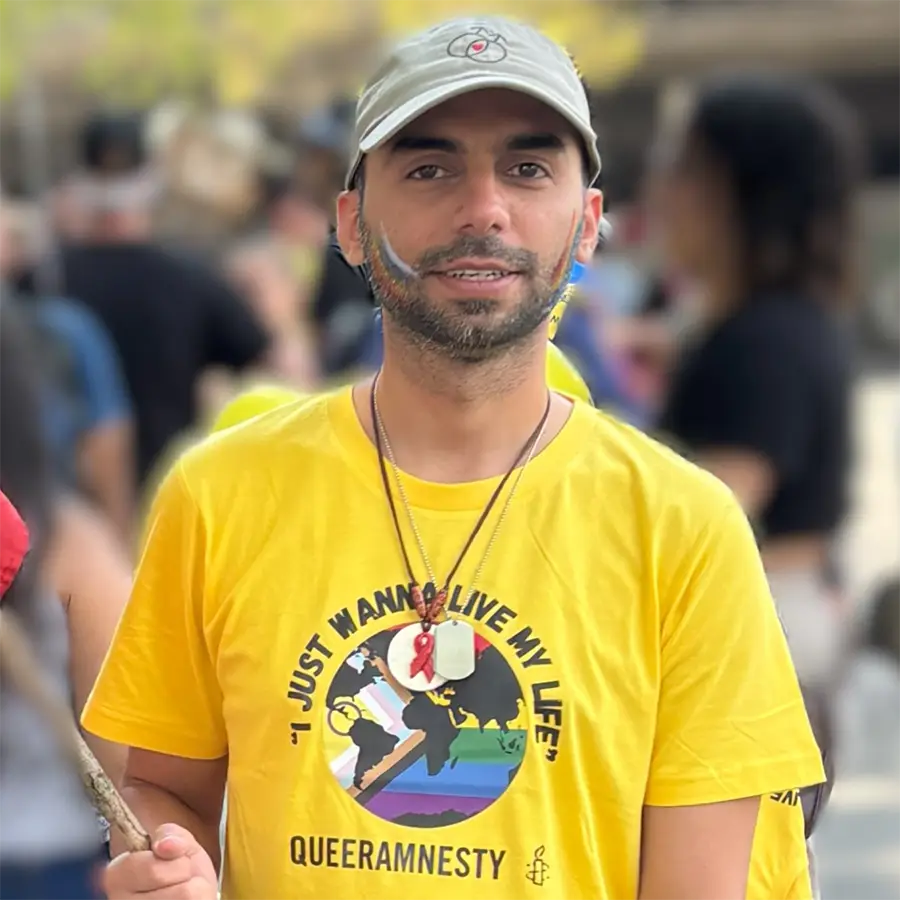My Blogs
My Life Experiences & Stories for you
By Date or By Topic
-
The Game: Ali’s Treatment Trek
The word Trek means a long, challenging journey. This interactive experience visualizes my 15-year path as an HIV-positive person in Pakistan, navigating through the shadows of the hospital, the stigma of the city, and finally emerging onto the global stage. 🕹️ Ali’s Treatment Trek A 15-year journey from stigma to global HIV activism. 💊 ART…
-
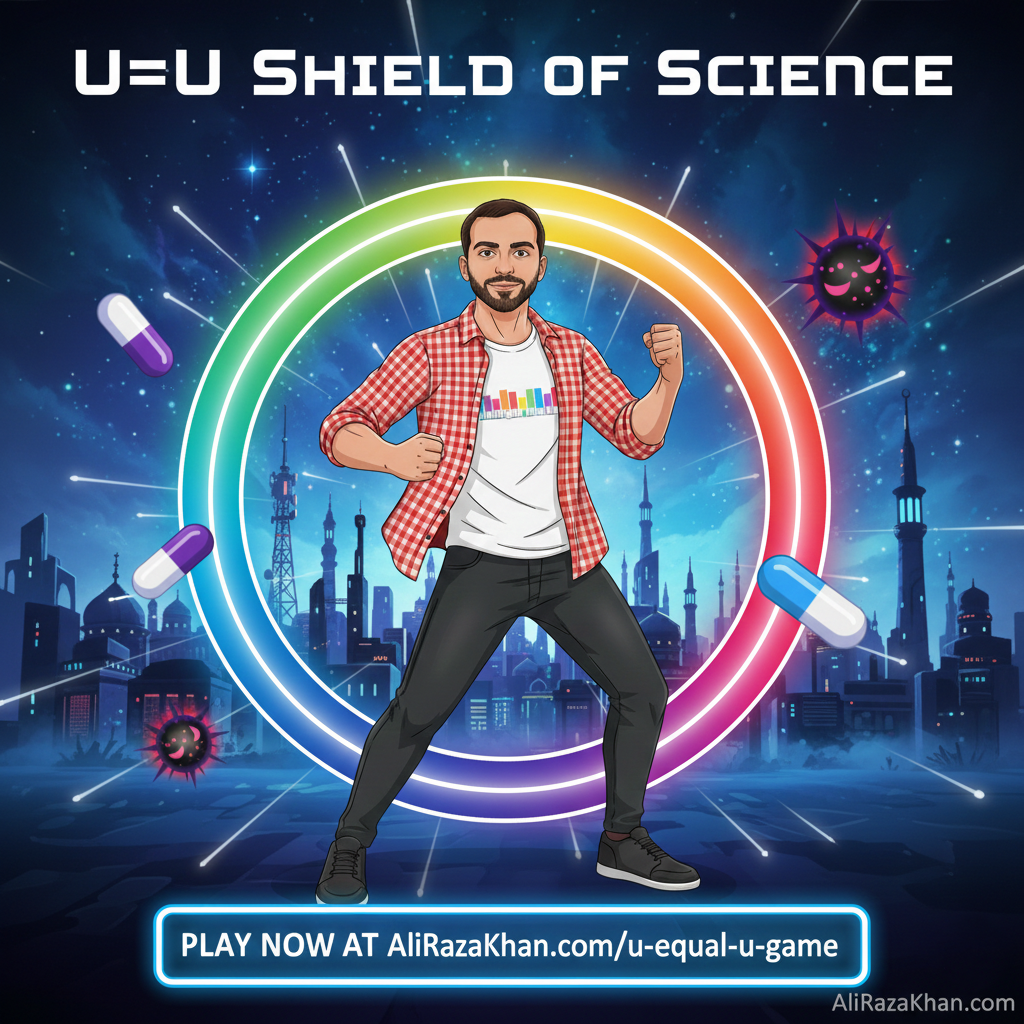
Play U=U Shield of Science: A New Interactive Artivism Experience by Ali Raza Khan
As a gay individual living with HIV and a dedicated activist in Pakistan, my work has always sat at the intersection of research, activism, and art. Today, I am proud to announce the latest piece of my digital “Artivism” portfolio: The U=U Shield of Science Game. In a country where HIV stigma is often fueled…
-
The Game U=U: Ali Raza Khan Shield of Science
An Interactive HIV Awareness Game U=U Shield of Science How to Play: Move Ali to catch the ART medicine. Keep the Rainbow Shield at 100% to stay Undetectable! Help Ali spread the science of U=U! WhatsApp LinkedIn Post on X Facebook Copy for Instagram Link copied! Paste it into your Instagram Story “Link” Sticker. ADVOCATING…
-
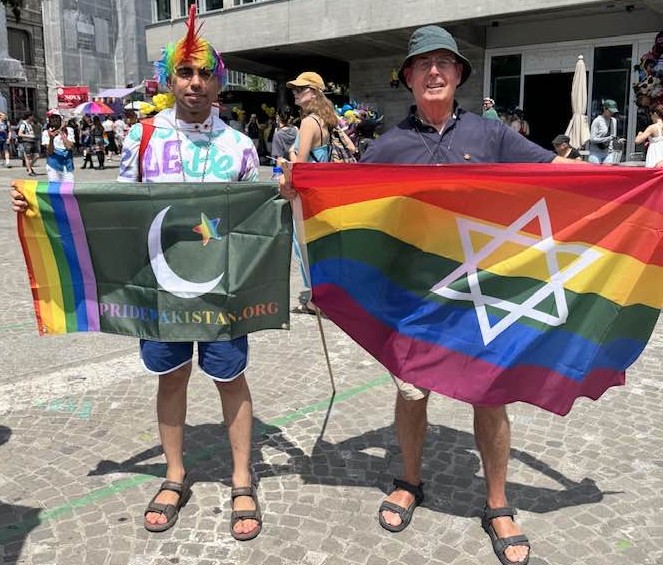
Beyond Borders: When Pakistan and Israel Meet at Pride
There are moments in life that feel like more than just a photograph. They feel like a blueprint for the future. Recently, at Pride Geneva, I had the honor of standing alongside Leo from Queers Against Antisemitism (QgA). In my hand, I held the Pakistani Muslim rainbow flag; in his, the Jewish rainbow flag. In…
-
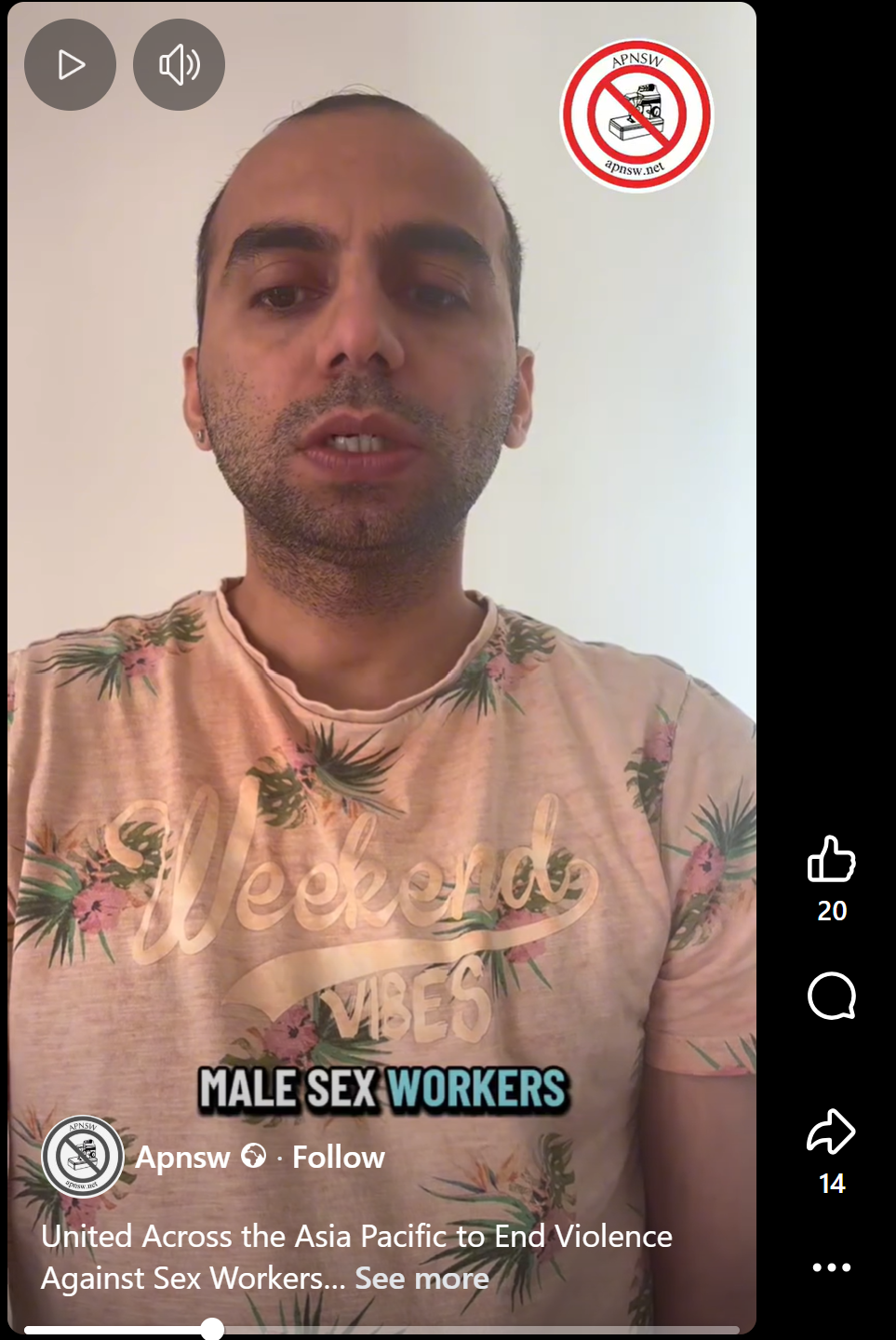
Standing in Global Solidarity: My Message for the International Day to End Violence Against Sex Workers
I am proud to share that my voice has been featured alongside fellow activists from across the Asia Pacific in a powerful new campaign by the Asia Pacific Network of Sex Workers (APNSW). To mark the International Day to End Violence Against Sex Workers, we have come together to send a unified message to the…
-
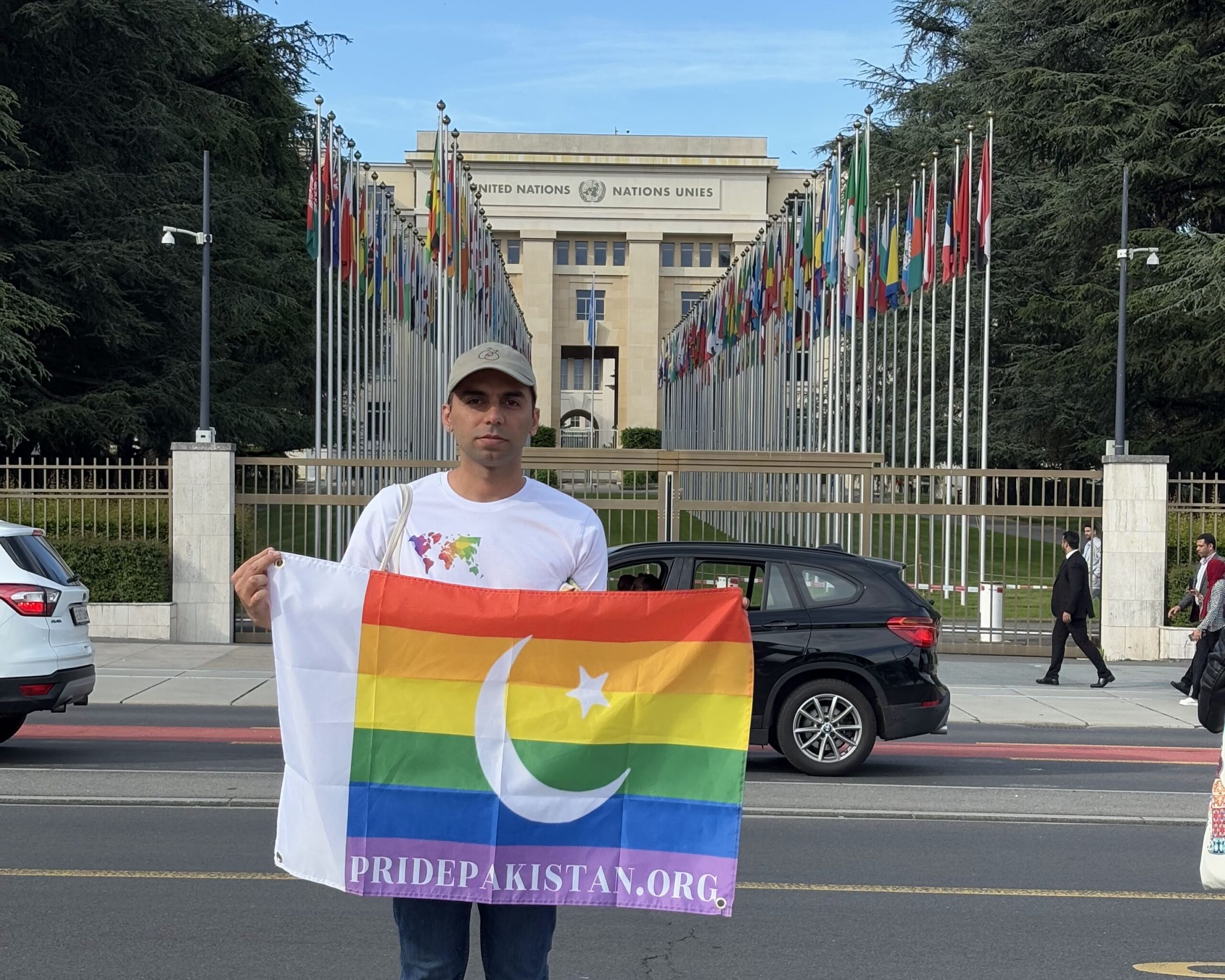
The Closing Walls: How Global Indifference is Fueling Pakistan’s War on its LGBTQI+ Community
By Ali Raza Khan Ali Raza Khan is a steering committee member of TheYouthPACT, an HIV-positive gay activist, and lives with PTSD. There’s a particular kind of silence that haunts you when you live at the intersection of identities the world wishes to erase. As a gay man, as an HIV-positive person, as an activist…
-
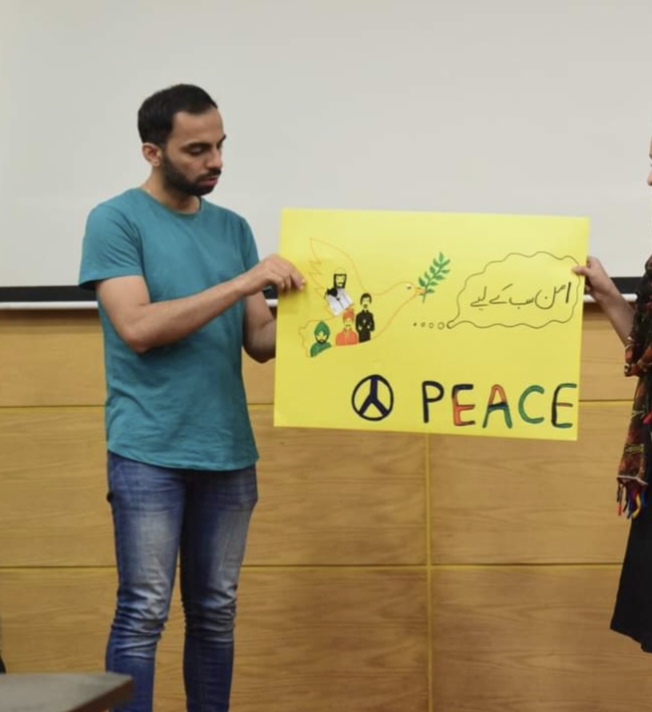
From Discrimination to Dialogue: A Peace-Builder’s Journey in Pakistan
Ali Raza Khan, a dedicated peace-builder from Multan, Pakistan, has been working since 2015 to combat the sectarian violence and discrimination that has plagued his country for decades. Drawing from his personal experiences as a member of the Shia Muslim community, Ali has channeled his struggles into a powerful force for change, training thousands of…

